In this article, we are going to give an overview of Ativan and alcohol, including the use of it for withdrawal. The process of quitting drinking can be made much easier by taking a benzodiazepine for withdrawal symptoms.
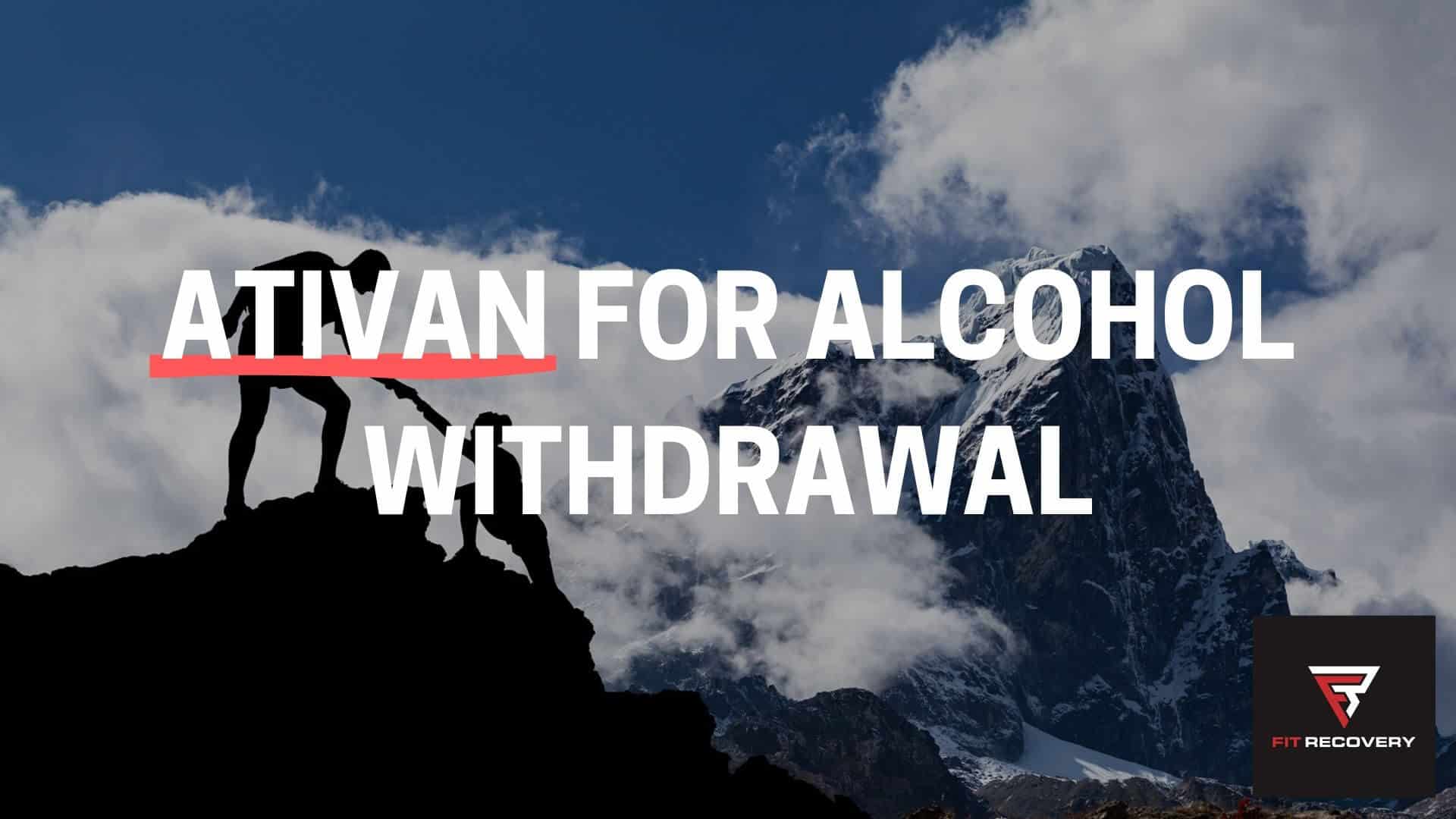
As alcohol consumption increases over time, withdrawal symptoms can progress from mild to psychologically exhausting and even dangerous. Many people avoid discussing their true levels of drinking with their doctors. As a result, they do not find out about the proper use of benzodiazepines for withdrawal. Binging, abstinence, and relapse can form a vicious cycle that continues for many years.
It’s important to understand that withdrawal is not all in your head. Symptoms like rapid heartbeat, panic attacks, or a profound sense of impending doom can get worse and lead to fatal seizures. Withdrawal symptoms become more severe with repeated episodes because of a phenomenon known as kindling.
In a medical detox environment, it’s common to receive benzodiazepines for withdrawal. A patient may be given an initial injection followed by 1-2 weeks of tapered oral doses that are carefully monitored.
What is Ativan?
Ativan is in a family of anti-anxiety drugs called benzodiazepines. This is a brand and its generic name is lorazepam. Other benzodiazepine brands include Librium, Valium, Klonopin, and Xanax.
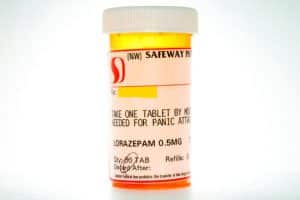
All of these drugs can be effective for withdrawal symptoms because they reduce anxiety, prevent convulsions, and help with sleep. Because they vary in terms of strength and their length of effects, doctors choose between them depending on the patient’s symptoms.
It is effective at alleviating or preventing the following symptoms:
- Anxiety
- Insomnia
- Nausea
- Headache
- Restlessness
- Panic attacks
- Tremors
- High blood pressure
- Delirium Tremens
Benzodiazepines work by activating GABA receptors in the brain, which are also stimulated by alcohol. GABA is an inhibitory neurotransmitter associated with feelings of calm. Intoxication causes a spike in GABA and withdrawal involves a plunge in GABA. Many withdrawal symptoms (including panic and even seizures) are caused by insufficient levels of GABA in the brain.
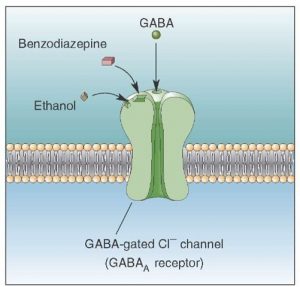
Using this medication for withdrawal can provide temporary peace of mind and prevent severe symptoms from manifesting. Because of its effectiveness, hospitals often prescribe this drug to alcoholics and then gradually reduce the dose to taper them off of it.
Here are some things to consider before obtaining a prescription:
- Because everyone is biochemically different, another benzodiazepine may work better for you.
- Depending on the severity of your alcoholism, your doctor may recommend inpatient detox or prescribe you Ativan that you can taper off of while you quit drinking at home. If you quit drinking at home, make sure you have support and that you repair your body proactively.
- All benzodiazepines can be addictive, which is why they should only be used for a short period of time and in the lowest effective dose.
- All benzodiazepines can cause overdose if too much is taken at once. Mixing these drugs with alcohol can be very dangerous and lead to blackouts.
- Even if you take this medication for withdrawal, you will still need to repair nutrient deficiencies caused by excessive drinking. You may also have other symptoms such as low motivation and depression that benzodiazepines cannot resolve.
- Using Ativan for withdrawal is a great strategy for the short term, but in the longer term, it’s important to have external support and to renew your sense of purpose in life.
How much should I take for DTs?
Here are some things to consider with delirium tremens (DTs):
- Only take this medication with a prescription and under the supervision of a doctor.
- Tablets are typically 0.5, 1, or 2 mg.
- The first dose is usually 2-10 mg.
- Doses are often divided throughout the day. I took one dose in the morning and one before bed.
- There is no standard dosage; a doctor can determine this depending on your situation.
- Most people do not need to take it for more than a few days or a week.
- To avoid dependence, do not use it for longer than you need it.
Dangers of Mixing Ativan with Alcohol
Because both of these substances are central nervous system depressants, taking both can lead to dangerous symptoms including blackouts and severe respiratory depression.
With this said, healthcare providers will sometimes administer Ativan to alcohol-dependent people who still have high BAC levels, in order to prevent the onset of withdrawal. They do this with careful attention to dosage and individual considerations such as age, body weight, gender, and severity of intoxication.
If you receive a prescription from your doctor to use at home, be sure to follow instructions carefully. Mixing repeatedly can lead to a dual addiction that is extremely difficult to overcome.
How long do symptoms last after you stop drinking?
By preventing complications caused by low levels of GABA in the brain, using Ativan for withdrawal can help you have a much safer and more pleasant detox. Even if your symptoms aren’t severe, envisioning life without alcohol is hard enough. Nervous exhaustion and insomnia can make the task of quitting drinking seem nearly impossible.
But while it can help with quitting drinking, it is not a cure-all for the physical damage caused by alcoholism. Many people who use benzodiazepines end up relapsing because they feel tortured by depression or cravings after their taper ends. These other symptoms are often caused by the following problems that are NOT resolved by benzodiazepines:
- Low dopamine
- Low serotonin
- Magnesium deficiency (my life changed when I began taking magnesium!)
- B-vitamin deficiencies
- Other vitamin and mineral deficiencies
- Poor liver health
Fortunately, there is a way to address all of these problems at once. Check Fit Recovery’s list of supplements that work best for supporting the brain-body system through recovery.
Another trick is to take glutamine to resolve sudden, intense bouts of cravings. Try it and you’ll see that it works. Glutamine is an amino acid that can help to repair every cell in your body.
The bottom line is that using this medication for withdrawal can be very effective, but it’s just the first part of a long process. Give your body what it needs during this time, and your mind will be sure to follow!

Pros and cons
When used properly and administered by a healthcare professional, Ativan can be a very effective method of reducing severe withdrawal and associated health complications. Anxiety and misery for the patient is diminished, leading to a more comfortable detox experience.
The cons of using this medication include the potential for interactions with alcohol or other drugs, incorrect dosage, or non-optimal timeframe of administration (i.e., taper). These risks can be mitigated by having a prescription by a doctor experienced in using this for withdrawal.
We hope you’ve enjoyed this article. Subscribe to the Fit Recovery email list to stay posted on more articles that can help you down the road.
If you have any questions, please leave them in the comment box below.
___________________________________

Dr. Ken Starr is board-certified in both Addiction Medicine and Emergency Medicine, and diplomate of the American Board of Addiction Medicine. In addition to his work as the Addiction Medicine Director for Fit Recovery, he operates Ken Starr MD Wellness Group in Arroyo Grande, CA. His clinic offers advanced drug and alcohol detox methods, long-term recovery facilitation, and IV nutritional programs including NAD+ therapy.
FAQ:
Which is better? Lorazepam or Diazepam?
Whether your doctor prescribes lorazepam or diazepam depends on treatment goals. Lorazepam has a half-life of around 18 hours, while diazepam has a half-life of around 48 hours. As benzodiazepines, both have similar effects, but diazepam stays in the body much longer than lorazepam.
Does Ativan Cause Rebound Anxiety?
All benzodiazepines can cause “rebound anxiety” if a person becomes dependent and then stops taking them. Another common rebound symptom is insomnia. These symptoms typically last for 2-3 days, depending on the severity of benzodiazepine dependence.
Which supplements are given to a patient who has severe alcohol withdrawal syndrome?
Hospitals have been known to administer Vitamin B1 (thiamine) to prevent neurological damage from acute alcohol withdrawal. Increasingly, detox centers are recommending more supplements to aid in detox and recovery. Learn more about natural detox supplements in this article.
How do you prevent delirium tremens?
In medical detox, a patient is typically given a tapered dosage of benzodiazepines to prevent severe withdrawal including delirium tremens. This regimen may last for several days to over a week. However, many people still quit drinking at home using a taper to avoid severe withdrawal.
How fast does Ativan work for anxiety?
If injected, it can reduce anxiety symptoms almost immediately, while oral administration typically takes around 20 minutes. Both forms typically last for around 6-8 hours.
What should you not take with Ativan?
It should not be combined with other CNS depressants unless under the guidance of a doctor. These include but are not limited to alcohol, barbiturates, antipsychotics, sedative/hypnotics, antidepressants, sedative antihistamines, and anticonvulsants.

Author
-
Dr. Ken Starr is board certified in both Addiction Medicine and Emergency Medicine, and diplomate of the American Board of Addiction Medicine. In addition to his work as the Addiction Medicine Director for Fit Recovery, he operates Ken Starr MD Wellness Group in Arroyo Grande, CA. His clinic offers advanced drug and alcohol detox methods, long term recovery facilitation, and IV nutritional programs including NAD+ therapy.
View all posts




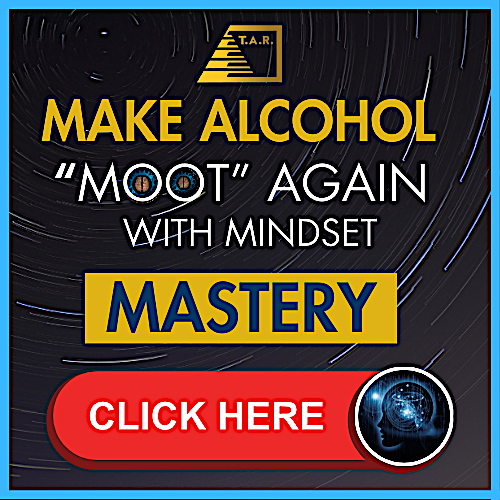
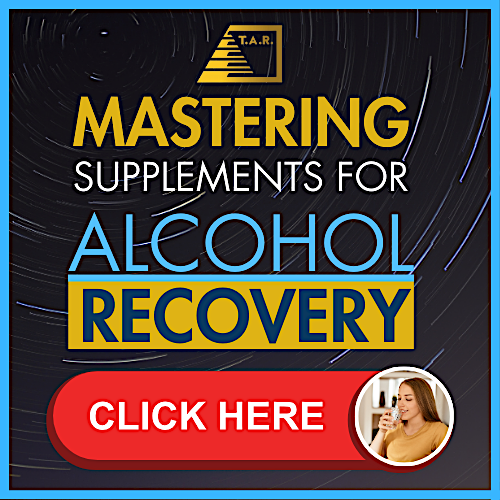
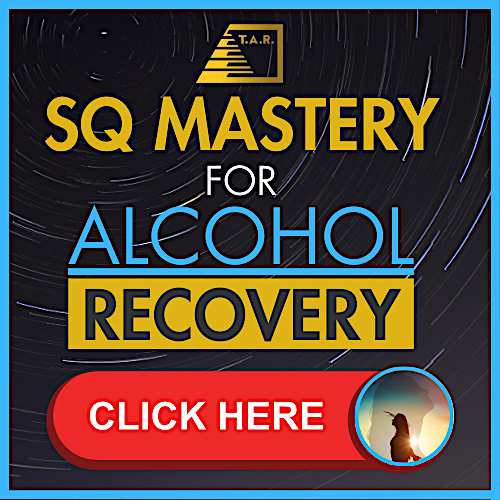


I was wondering what kind of dr should i take my husband to see so he can get a prescription for ativan to detox at home with for alcohol.
Thank you
How long after your last drink should you start the ativan? I have the 1mg
Hi Melissa! Since there can be interactions between alcohol and ativan, it’s best to ask your doctor to get advice tailored to your situation. I’m not a doctor, so I can’t advise you on dosages for prescription drugs.
Be sure to read up on how supplements can minimize post-acute withdrawal, which is the “feeling crappy” phase that often lasts for months after quitting drinking! And check out my book and my course if you need extra guidance.
Hello
I have used Librium in the past which is a miracle medication for this. Unfortunately, I have 10 1 mg Ativans to use through this detox. That’s not enough and I can’t get more.
My question is uncomfortable but it is this. Can I use Ativan in conjunction with very limited alcohol intake when the shaking gets bad?
I’m taking supplements you’ve suggested on this website, which are amazing. I can’t thank you enough for this website. I’ve been to a lot of them over the years and this is the best I’ve found.
Thank you
You’re very welcome David – I’m glad you’ve found this website useful! As for Ativan and alcohol, that’s a judgment call and I can’t give advice on your specific dosage because I’m not a doctor. Benzos can be helpful, but many people have tapered off of alcohol alone. You can do it!
Great website. Thank you for the helpful information.
You’re very welcome Susan!
Just looking for some advice as I try to quit daily wine consumption.